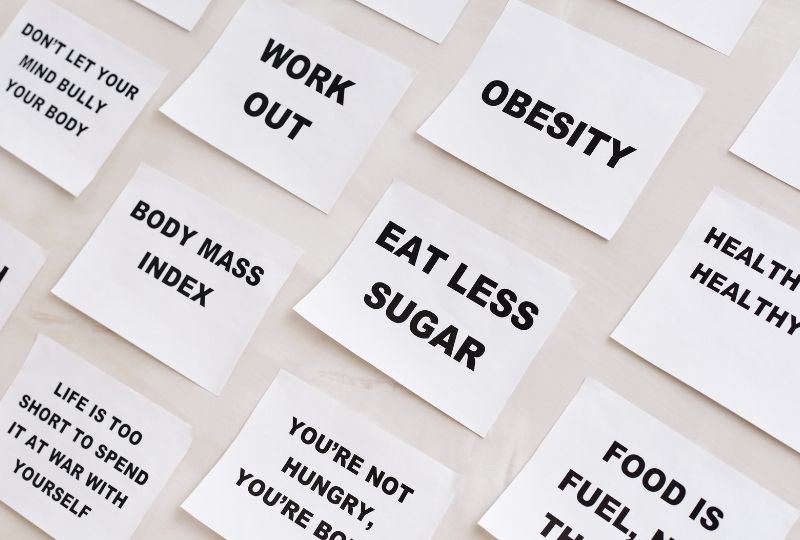Good sleep is essential for physical health, mental clarity, and emotional balance. Yet, many people struggle with falling asleep, staying asleep, or waking up feeling refreshed.
The secret to better sleep? A consistent nighttime routine that signals your body to relax and prepare for rest.
In this guide, you’ll learn how to create a perfect sleep routine tailored to your body’s needs, helping you sleep deeper and wake up feeling energized.
Why a Sleep Routine Matters
Your body has an internal clock (circadian rhythm) that regulates sleep and wake cycles. An inconsistent routine confuses this rhythm, leading to insomnia, fatigue, and poor focus.
✅ A well-structured sleep routine helps:
- Fall asleep faster and easier.
- Improve sleep quality and duration.
- Wake up refreshed and energized.
Step-by-Step Guide to Creating the Perfect Sleep Routine
1. Set a Consistent Sleep Schedule
Going to bed and waking up at the same time regulates your body clock, making sleep more natural.
✅ Tip: Set a fixed bedtime and wake-up time, even on weekends.
✅ Why It Works: Helps your body recognize when it’s time to sleep.
2. Reduce Blue Light Exposure Before Bed
Screens (phones, tablets, TVs) emit blue light, which suppresses melatonin (the sleep hormone).
✅ Try This:
- Avoid screens at least 30–60 minutes before bed.
- Use blue-light-blocking glasses or night mode on devices.
✅ Why It Works: Supports natural melatonin production, making you sleepy.
3. Create a Relaxing Nighttime Ritual
A wind-down routine helps signal your body that it’s time to rest.
✅ Ideas for a Relaxing Routine:
- Read a book (not on a screen).
- Practice deep breathing or meditation.
- Take a warm bath or shower.
- Use aromatherapy (lavender essential oil).
✅ Why It Works: Lowers stress hormones, making it easier to fall asleep.
4. Optimize Your Sleep Environment
Your bedroom should be a calm, comfortable space for deep sleep.
✅ Make These Adjustments:
- Temperature: Keep your room cool (18–20°C or 65–68°F).
- Darkness: Use blackout curtains or a sleep mask.
- Noise Control: Try white noise machines or earplugs.
✅ Why It Works: Creates an ideal environment for restful sleep.
5. Avoid Caffeine, Alcohol, and Heavy Meals Late at Night
What you consume before bed affects sleep quality.
❌ Avoid:
- Caffeine after 3 PM (coffee, soda, tea, chocolate).
- Alcohol before bed (it disrupts deep sleep).
- Heavy meals at night (can cause acid reflux and discomfort).
✅ Why It Works: Prevents disrupted sleep and nighttime wake-ups.
6. Exercise Early in the Day
Regular physical activity improves sleep, but timing matters.
✅ Best Time to Exercise:
- Morning or early afternoon for better sleep.
- Avoid intense workouts right before bed.
✅ Why It Works: Regulates energy levels and stress hormones.
7. Use Sleep-Inducing Techniques
If you struggle to fall asleep, try:
✅ Breathing exercises: 4-7-8 breathing (Inhale for 4 sec, hold for 7 sec, exhale for 8 sec).
✅ Progressive muscle relaxation: Tense and relax each muscle group.
✅ Guided sleep meditations or white noise apps.
✅ Why It Works: Helps your body and mind relax before sleep.
8. Track Your Sleep Patterns
Understanding your sleep habits helps identify problem areas.
✅ Ways to Track Sleep:
- Keep a sleep journal (track bedtime, wake time, sleep quality).
- Use a sleep tracker app (Sleep Cycle, Fitbit, Oura Ring).
✅ Why It Works: Helps recognize what improves or disrupts your sleep.
What to Do If You Wake Up During the Night
Sometimes, waking up at night is normal, but if it happens often:
✅ Avoid looking at your phone or clock.
✅ Do deep breathing or light stretching to relax.
✅ If you can’t sleep after 20 minutes, get up and do something calming (reading, meditation).
✅ Why It Works: Prevents stress and frustration, making it easier to fall back asleep.
Final Thoughts
A perfect sleep routine isn’t one-size-fits-all—experiment with different habits to see what works best for you.
Start small—pick one or two tips and slowly build your ideal nighttime routine. Over time, better sleep will become effortless!
